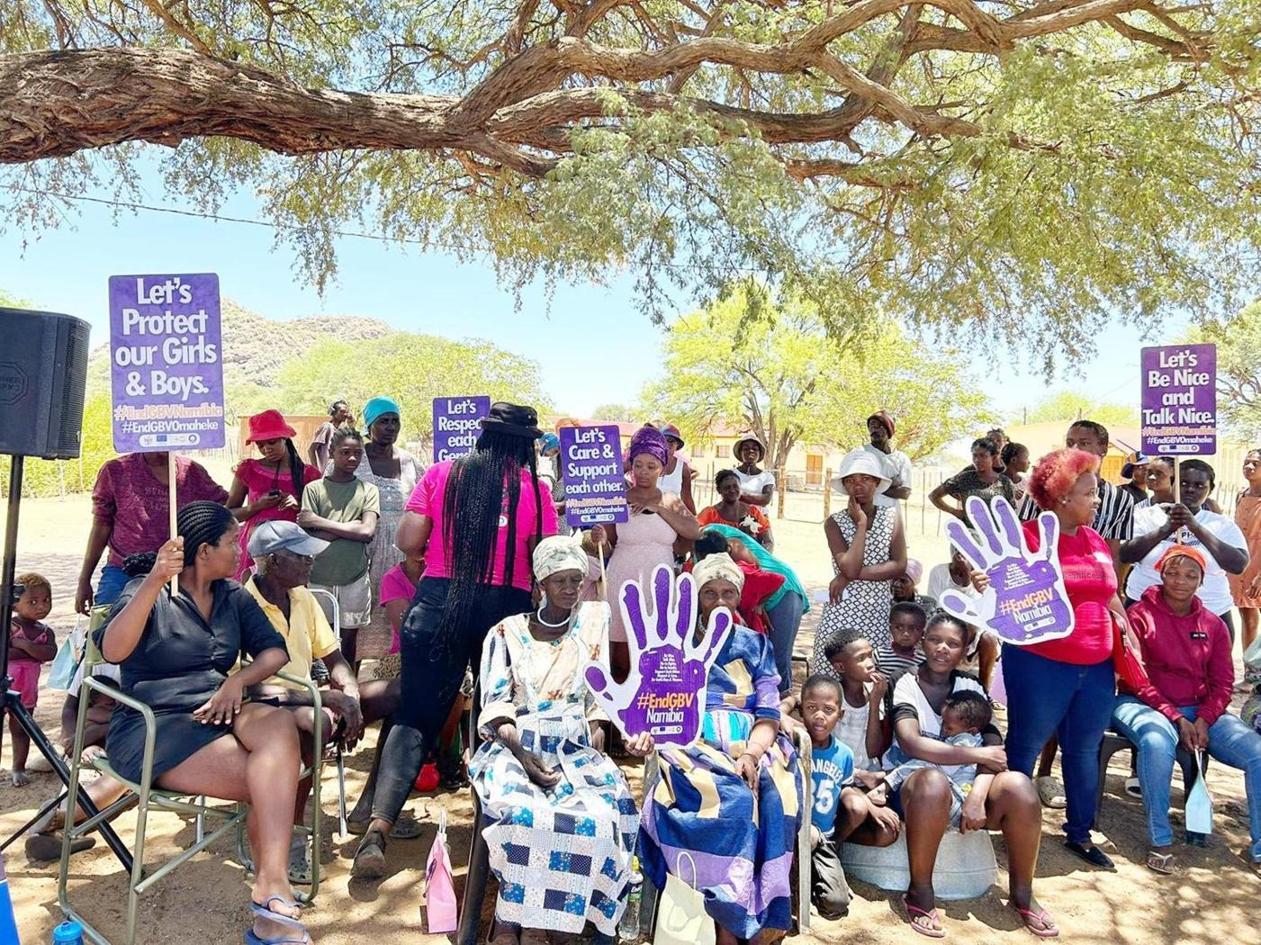Africa-Press – Namibia.
In order to increase Namibia’s capacity to address gender-based violence (GBV), the Kofi Annan International Peacekeeping Training Centre (KAIPTC), in conjunction with the Norwegian government, will provide a five-day intensive training in Windhoek.
A total of 25 Namibian participants from important sectors will attend the Windhoek workshop, which is designed to improve collaboration and promote a more survivor-centred approach to GBV prevention across the country.
The training starts Monday, 10 November and will go on until Friday 14 November. The effort is part of a larger African strategy focused on strengthening local actors to avoid and effectively respond to GBV in accordance with the Women, Peace, and Security (WPS) Agenda.
Despite global and regional frameworks such as the Convention on the Elimination of All Forms of Discrimination against Women (CEDAW), gender-based violence is a persistent challenge in many African countries, including Namibia.According to KAIPTC, the training aims to strengthen institutional frameworks, improve coordination mechanisms, and encourage community-based initiatives that prioritise survivors in response efforts.
Key local stakeholders such as law enforcement officers, healthcare professionals, educators, civil society representatives, traditional and spiritual leaders, media practitioners, and members of the judiciary will attend.
The training will focus on developing local actors’ technical and investigative skills to guarantee that GBV cases are handled professionally and sensitively, and that survivors receive prompt justice and support.
According to recent government statistics, Namibia has made progress in lowering GBV incidences, with rates falling from around 33% in 2020 to between 15% and 22% in 2024, although the problem remains a major social and developmental concern. Horname Noagbesenu, acting director of Women, Youth, Peace and Security at KAIPTC, stated that the training’s goal is to “equip participants with practical tools to strengthen prevention, improve response coordination, and foster sustainable community partnerships.”
The idea follows similar successful training sessions given in Nigeria, Niger, Cameroon, South Sudan, Liberia, Ghana, and the Central African Republic, among other places.
For More News And Analysis About Namibia Follow Africa-Press






